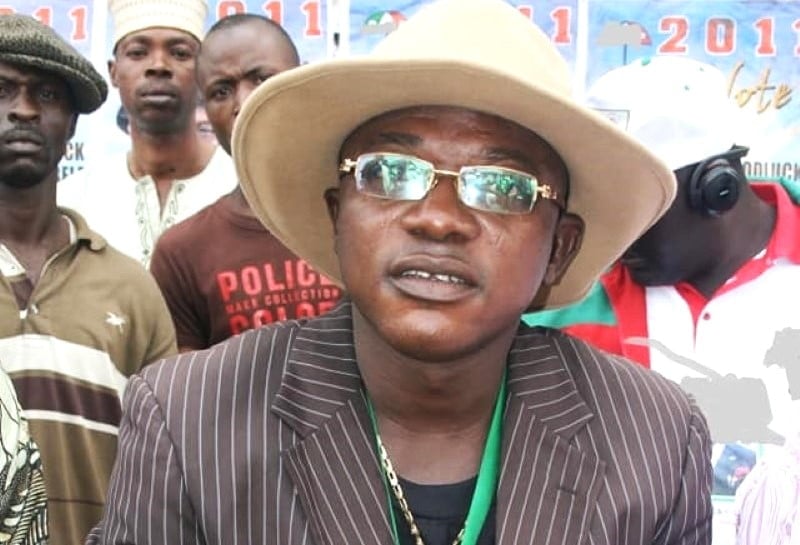On Monday, Mukaila Lamidi, widely known as Auxiliary and former Chairman of the Oyo State Park Management System, found himself at the State High Court located on Ring Road in Ibadan, facing serious charges that included armed robbery, murder, attempted murder, and illegal possession of a firearm, specifically an AK-47 assault rifle. The proceedings attracted considerable attention, with heightened security measures observed in the court’s vicinity. There were multiple vehicular patrol units and a significant presence of both uniformed and plainclothes security personnel, including officers from the police and the Amotekun Corps, reflecting the potential tensions surrounding the case.
The charges against Lamidi stem from violations of the Robbery and Firearms (Special Provisions) Act, which outlines strict penalties for such offenses. Specifically, these charges are categorized under Section 1(2)(a) and (b) of the Act, indicating the severity of the allegations. The legal framework emphasizes zero tolerance for serious crimes like armed robbery and related violent offenses, underscoring the complexities involved in cases of this nature. This legal backdrop sets the stage for an intricate trial as the judicial system seeks to establish the truth behind the allegations.
Lamidi’s trial is advancing under the jurisdiction of Justice Olabisi Adetujoye, who presides over Fiat Court 5 at the state High Court. The case, designated by the suit number i/74c/2024, epitomizes the ongoing struggle between law enforcement and organized crime within the region. As the details of the case unfold, various stakeholders, including the public and media, are keenly observing the process, expecting due diligence in handling what are considered grave charges against a significant figure in local governance.
Adding to the atmosphere surrounding the court proceedings is the palpable tension evident in the area. The response from security agencies indicates the potential for unrest, particularly given Lamidi’s previous affiliations and the controversial nature of his role as a park management chairman. This environment underscores the societal implications of crime, governance, and law enforcement, revealing the interconnectedness of these elements in shaping public perception and the judiciary’s response to high-profile cases.
Despite the gravity of the charges, details surrounding the case remain limited for now, with further information anticipated as the trial progresses. The legal process will serve not only to determine Lamidi’s guilt or innocence but also to investigate broader issues related to crime and accountability in the region. The outcome will likely reverberate beyond the courtroom, influencing public opinion and possibly prompting discussions about law enforcement efficacy and the overarching rule of law in Oyo State.
In summary, Mukaila Lamidi’s court appearance is emblematic of the complex relationship between crime, governance, and judicial accountability in Nigeria. As the trial unfolds, it is expected to expose deeper societal challenges while providing insights into the workings of the legal system. Stakeholders are eagerly awaiting developments as they hope for a resolution that reflects justice and reinforces the rule of law within the community.


